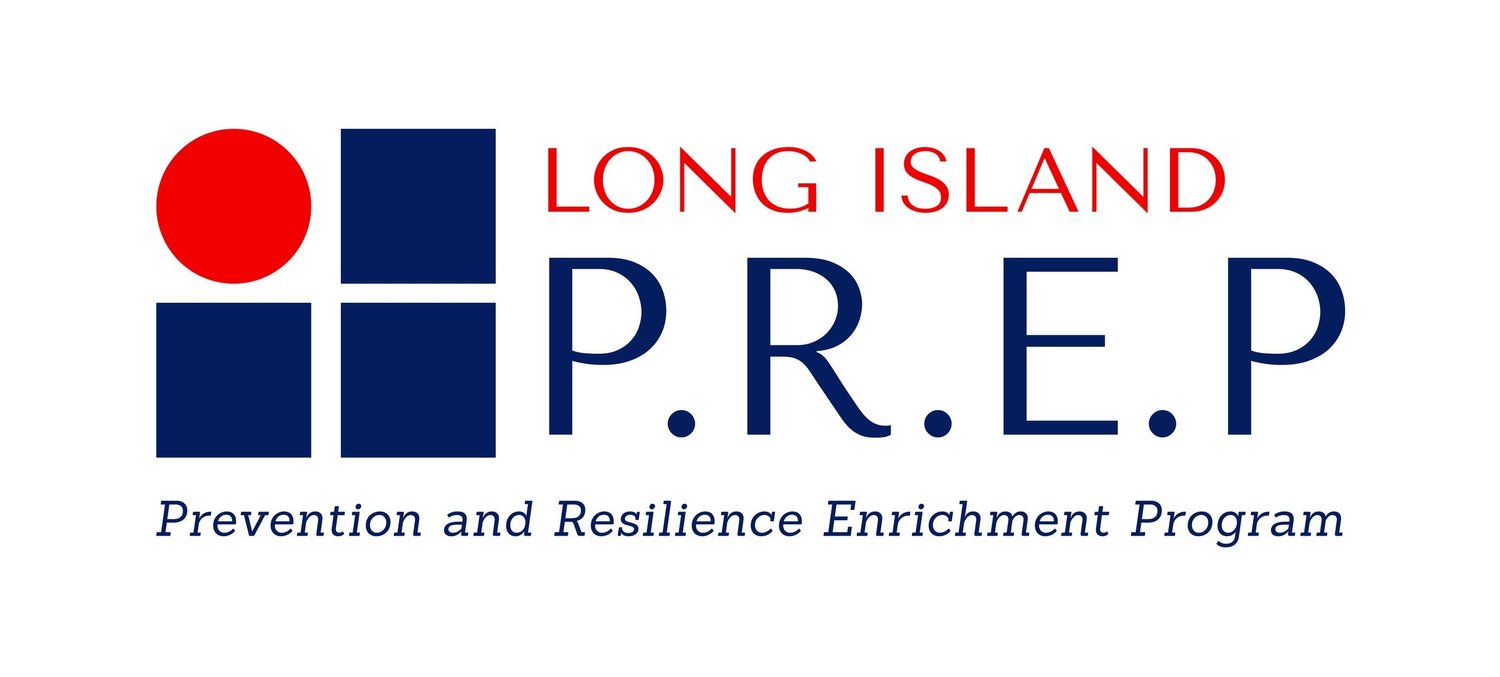Making The Future Smarter…Together
These are difficult days. The United States, along with the entire world, is in the midst of the COVID-19 pandemic. Since the beginning of March, we all find ourselves in the throws of disruption, confusion, even chaos. With the unpredictability of this novel disease, it goes without saying that these challenging times have taken a considerable toll on the mental health and well being of citizens worldwide. Whether attributed to battling the disease itself, losing a loved one, economic ramifications, fear, or the uncertain path of the future, many people have succumbed to the devastating impacts this global pandemic has thrust upon all of us.
With so much going on, it is not surprising that one of the consequences of the COVID-19 pandemic has been the uptick in substance abuse and addiction around the country. Used as a coping mechanism and source of stress reduction, many people have turned to drugs or alcohol as a means of getting through an extremely tumultuous period of time in our history, yet the unforeseen consequences of these truths are only beginning to manifest. While substance abuse and addiction are nothing new in our society, it is imperative that the augmentation of their impacts is addressed.
I founded Long Island Prevention and Resilience Enrichment Program (P.R.E.P) in 2017, with the hopes of bringing about a seismic shift in the daunting task of curbing substance abuse and addiction in this country. As a teacher in a public high school for 15 years, I have gained unique insight into the value of education. Teenagers, with all of the craziness swirling around their worlds, represent the most current crop of personnel ready to take their place in our society. Not surprisingly, it is this same cohort of neophytes who experience the most tumult while they attempt to do so. No longer afforded the shield and comfort of childhood, yet not quite mature enough to embrace the reigns of adulthood, many teens encounter enormous stress while navigating this “gray area” of their lives. As such, whether it be to fit in, please a friend, cope with the pressure of being a teenager, or traced back to familial factors, drugs and alcohol are rampant staples in the teenage world. As a society, we need to ask why. Why is it a foregone conclusion that substance abuse is so widespread amongst the teenage population? And, more importantly, what are we doing wrong? Where have we failed as a society to make this not the case? Granted, the answer is complicated, not one size fits all, and fleeting. Each of us remembers the slogans on posters strewn across the walls of hallways in schools, programs such as D.A.R.E, the cracked up cars on school grounds around prom time as a reminder of the dangers of drunk driving, drug prevention courses in health class, and so on. None of us can truly say that substance abuse prevention education was ever lacking as we grew up. Yet today, the problem still exists, and is now set to explode as the ripple effect of the COVID-19 pandemic takes shape. Consequently, we owe it to our children to embrace this enormous challenge. We need to reflect on the failures of the past and change the conversation for the future. As the founder of Long Island P.R.E.P, it is my goal to spearhead this transformation by pushing for and providing a new approach, one that is predicated on education. Because knowledge is power, the more we know, the more we are able to learn from the past, rectify the failures and embrace a new, all encompassing approach because our children, this country’s most valuable resource are in great peril, and they deserve our efforts to ensure their security and safeguard their future. The great unknown of this country’s next chapter leaves it up to us to protect the generation set to take its place in the world. Let us strive to educate in a new way, facilitate a new approach toward substance abuse and addiction and innovate our practices in a better way on behalf of our children, because they need it, and they need it now.
